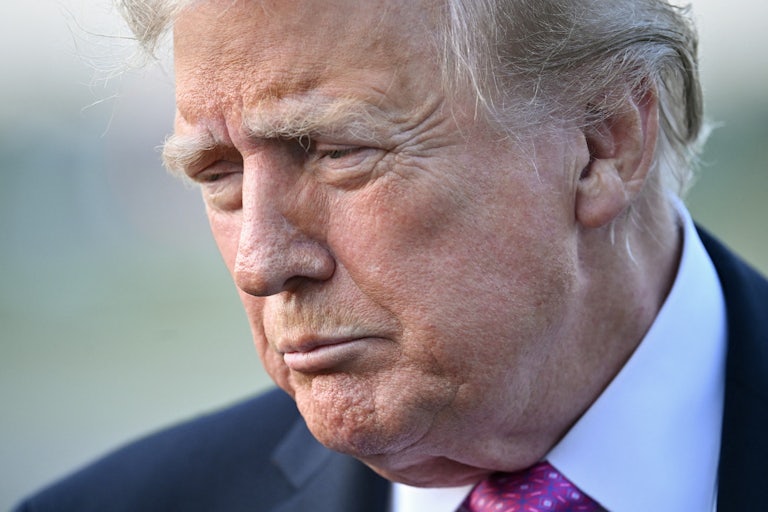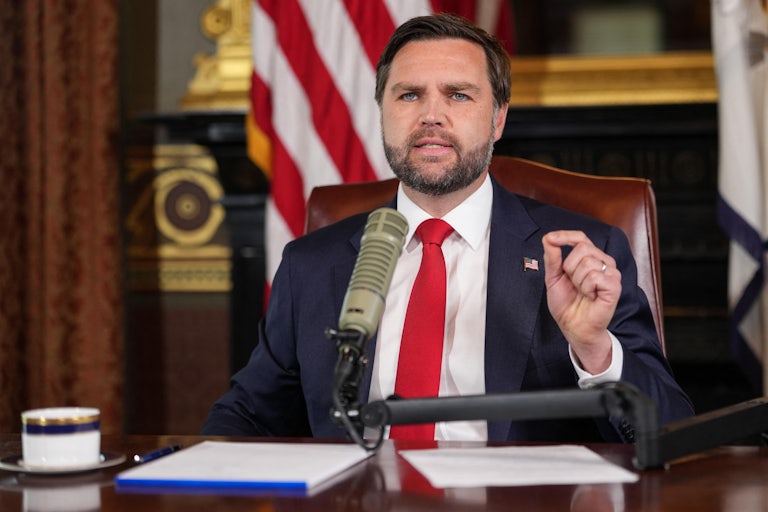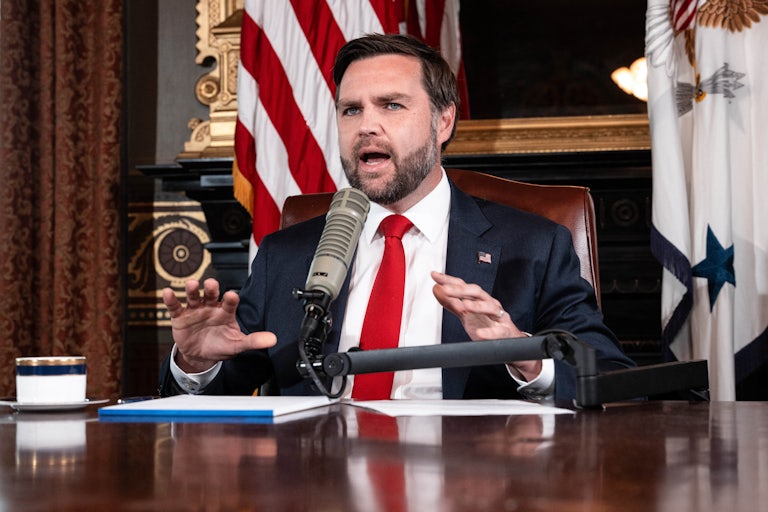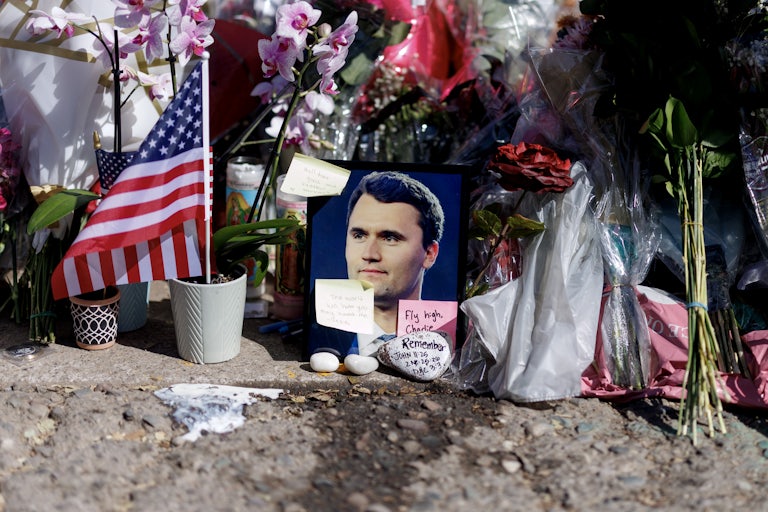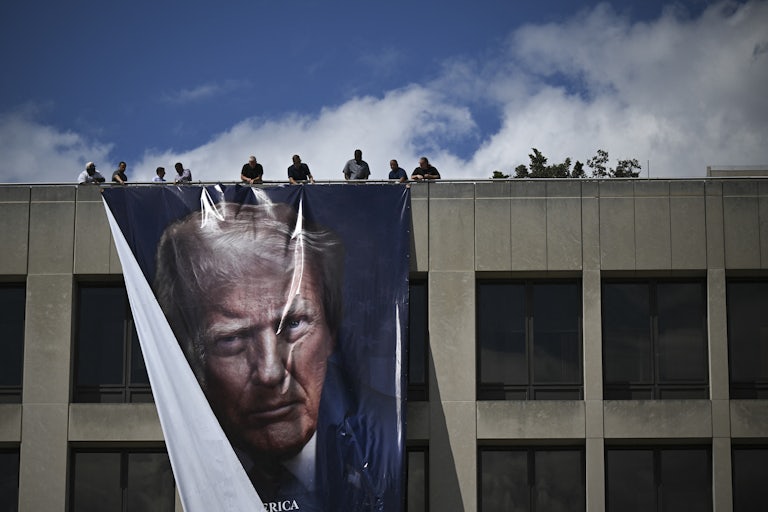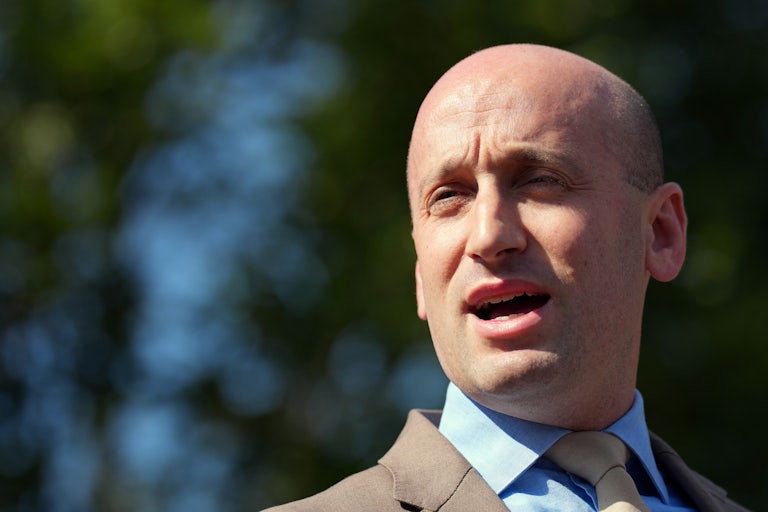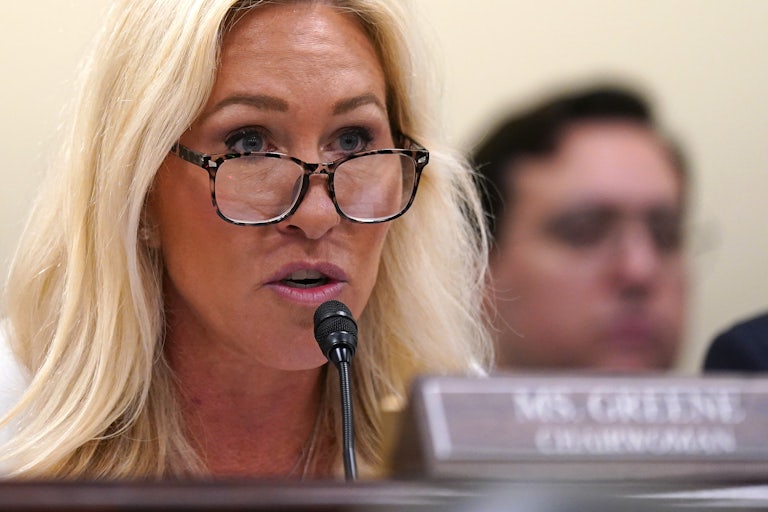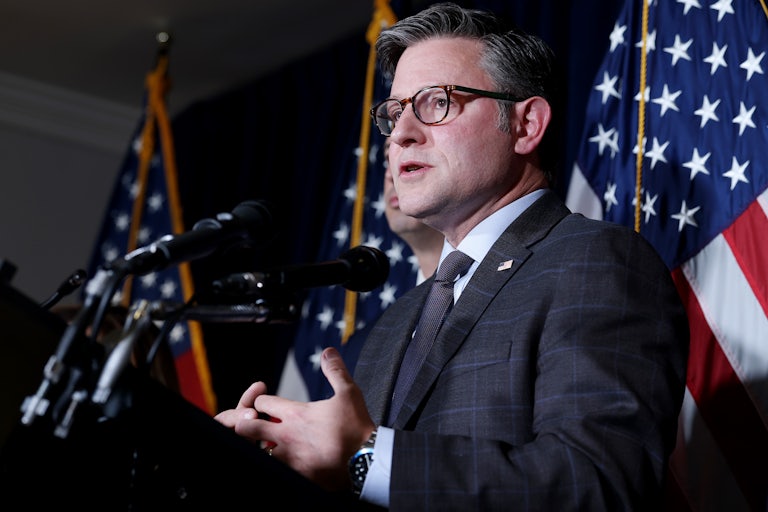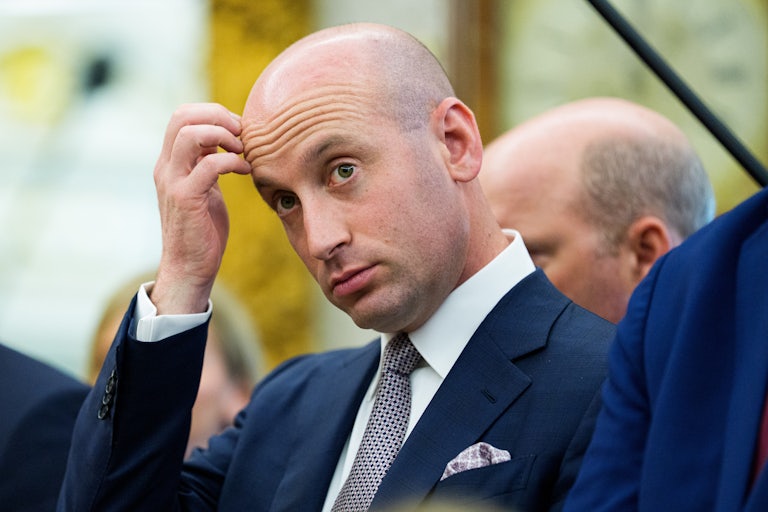Trump Said He Was Surprised Israel Attacked Qatar. Here’s the Truth.
Guess how long Donald Trump has known about Israel’s plans?
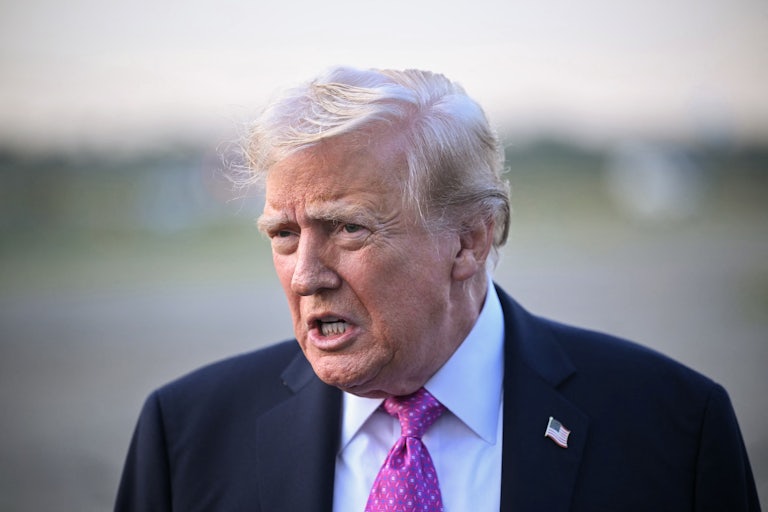
The White House’s account of Israel’s attack on Qatar is no longer adding up.
Israeli officials revealed that Donald Trump was informed as early as Tuesday morning that Israel intended to attack senior Hamas leaders in Qatar, reported Axios.
The new intel, reported Monday, contradicts the Trump administration’s narrative. Last week, the White House said that it had only been made aware of the impending bombing after missiles were already in the air. But at least seven Israeli officials rejected that, stating that Prime Minister Benjamin Netanyahu had relayed the details to the U.S. president before Israel conducted the air strike.
But the White House stuck to its guns when confronted, denying that it was aware of the situation prior to Israel’s assault.
“As President Trump stated, the U.S. Military informed him of Israel’s attack on Hamas leaders in Doha, and he immediately directed his Special Envoy Steve Witkoff to inform Qatar,” press secretary Karoline Leavitt told Axios.
Qatar and the United States are strategic allies: The Biden administration deemed Qatar to be a major non-NATO ally in 2022. But the Gulf nation’s attempts to sidle up to Washington became more brazen after Trump returned to office.
Just months ago, Qatar solidified a deal with the Trump Organization to build a Trump-branded golf course and a beachside project as part of a $5.5 billion development project. The tiny nation also bestowed a wildly controversial super-luxury jumbo jet to Trump, all in an apparent attempt to shore up its relationship with America’s notoriously flighty leader.
But America’s failure to take action to stop Israel’s attack has left those in the Qatari capital with a sense of shock and betrayal, according to CNN. Qatar’s Prime Minister Sheikh Mohammed bin Abdulrahman bin Jassim Al Thani had agreed to act as a mediator to end the war between Israel and Gaza. How Qatar intends to move forward navigating the enormous tension between the two regions—without the promise of protection by the U.S.—is unclear.
In an interview with CNN last week, the Qatari prime minister referred to Israel’s attack as “state terror.” He condemned Netanyahu and his actions, arguing that the Israeli leader had broken “every international law” and must be “brought to justice.”
He further stated that Netanyahu had “killed any hope” for the hostages and undermined “any chance of peace.”
Meanwhile, it remains to be seen how much damage has been done to America’s other alliances in the Middle East. Allied nations that witnessed the attack may well determine the need to pivot away from their U.S. connections.
“I think those nations will be wondering what they can do in order to deter future attacks,” HA Hellyer, senior fellow in Middle East studies at the Royal United Services Institute for Defence and Security Studies, told CNN. “But also, what sort of security architecture they need to now invest in instead of relying on a partner that hasn’t been able to protect them even from one of its own allies.”
